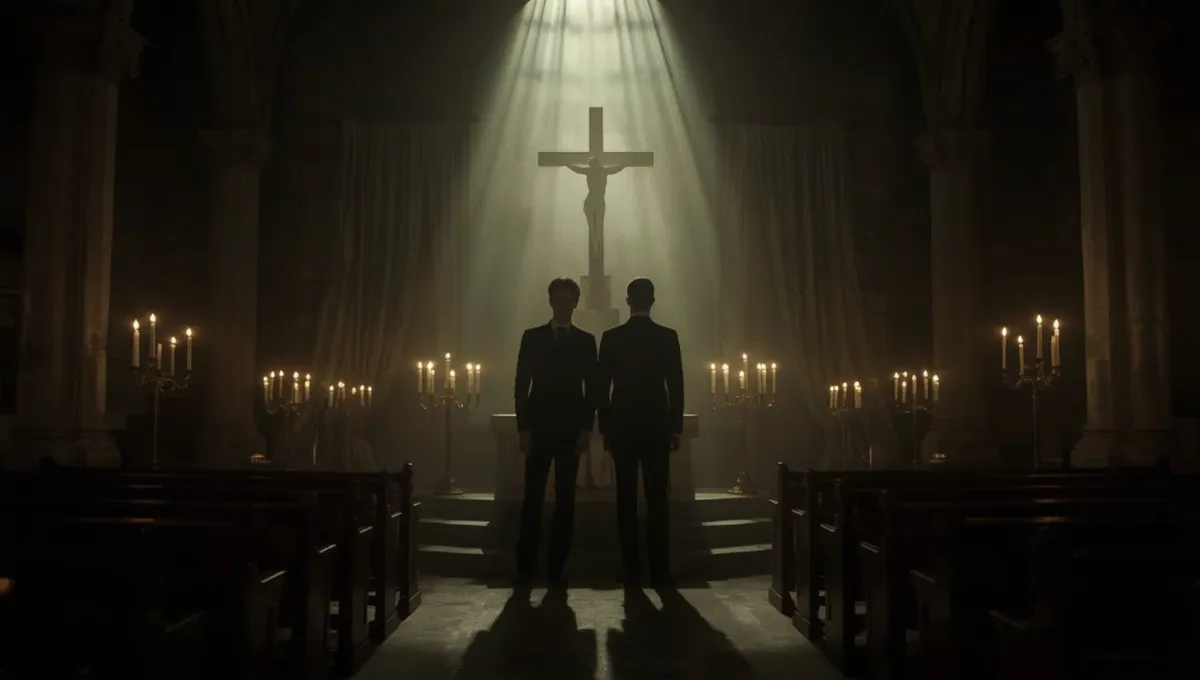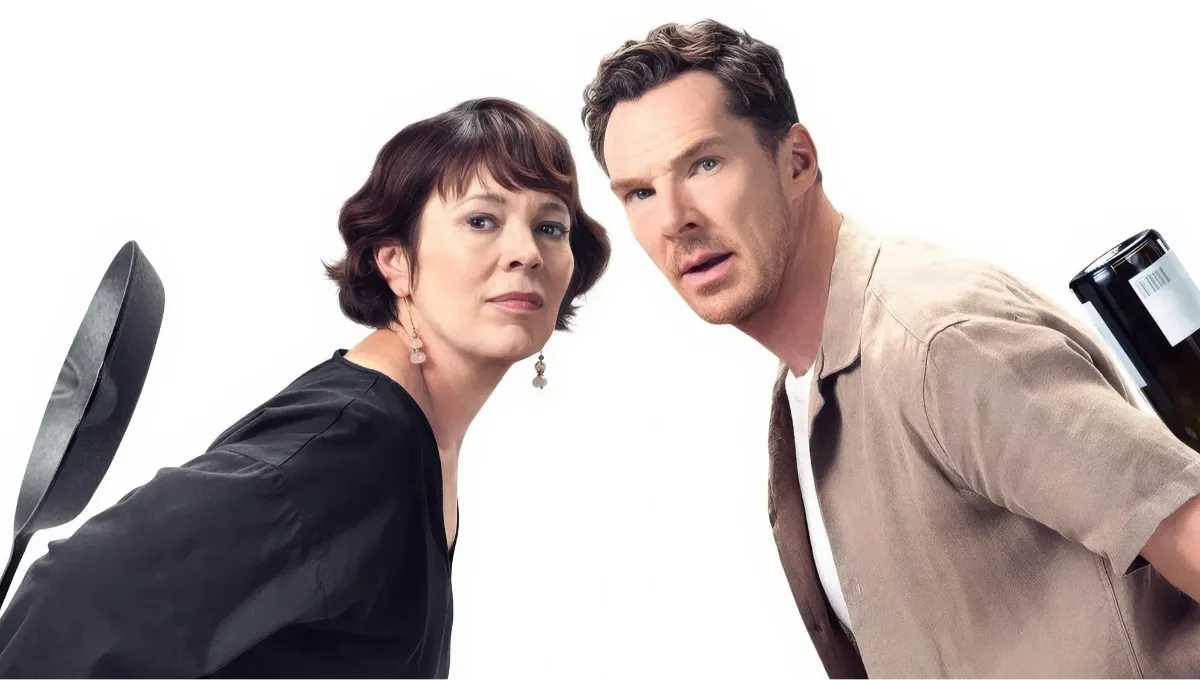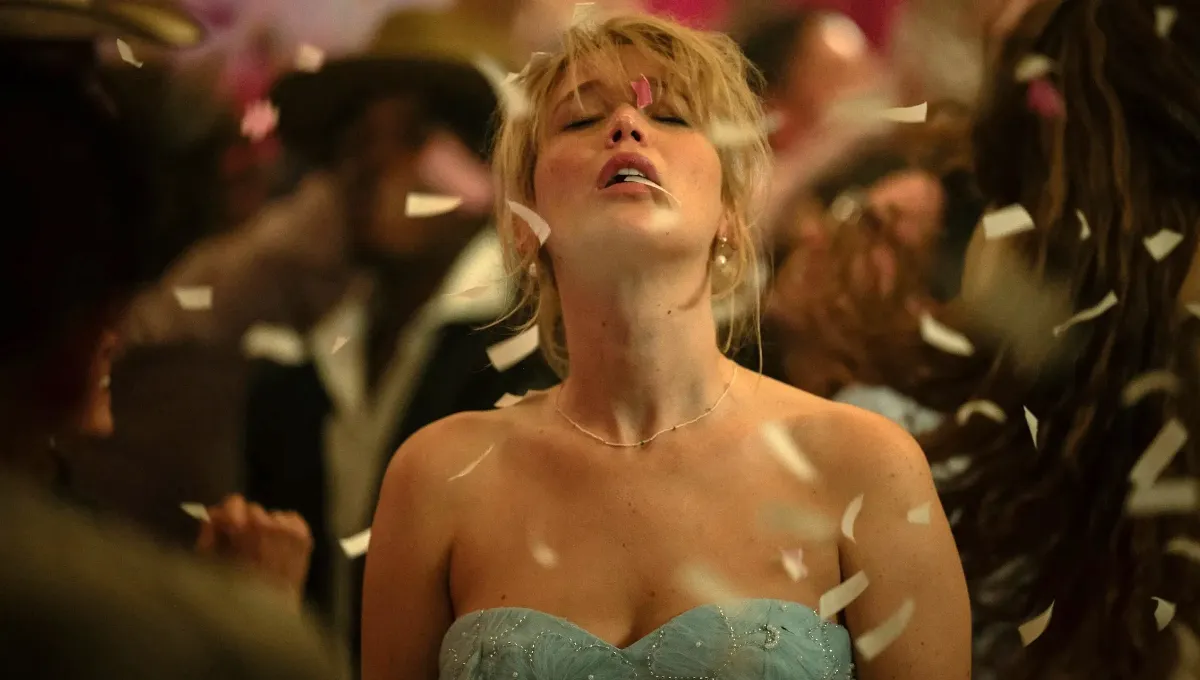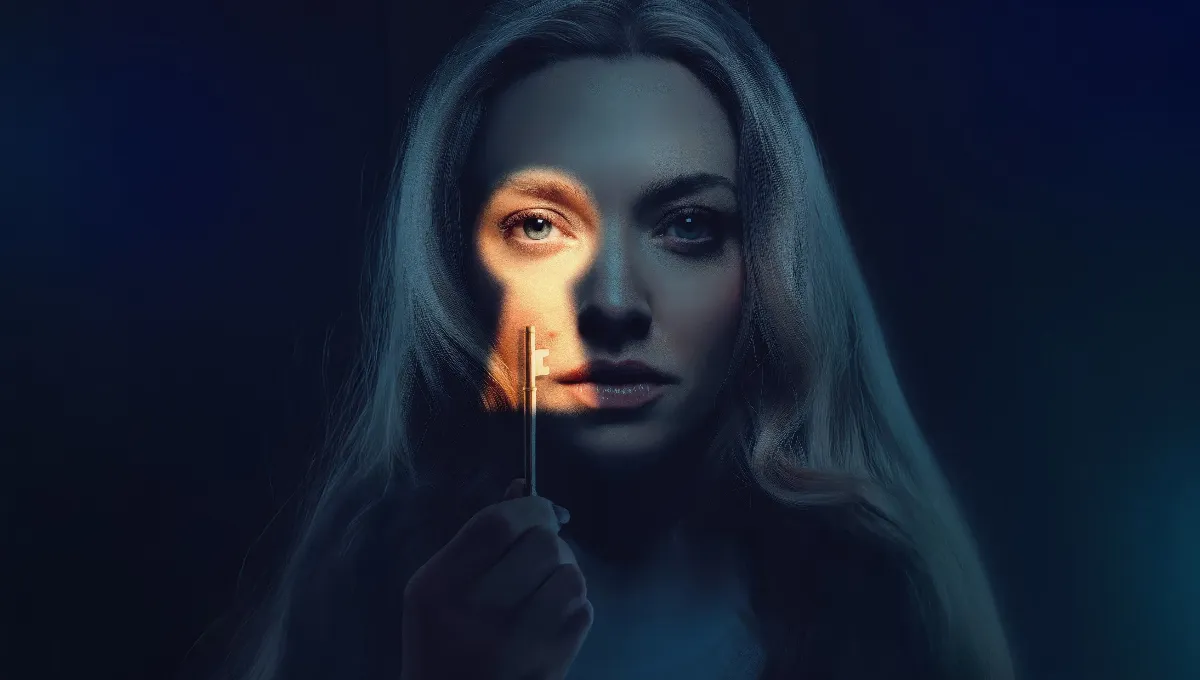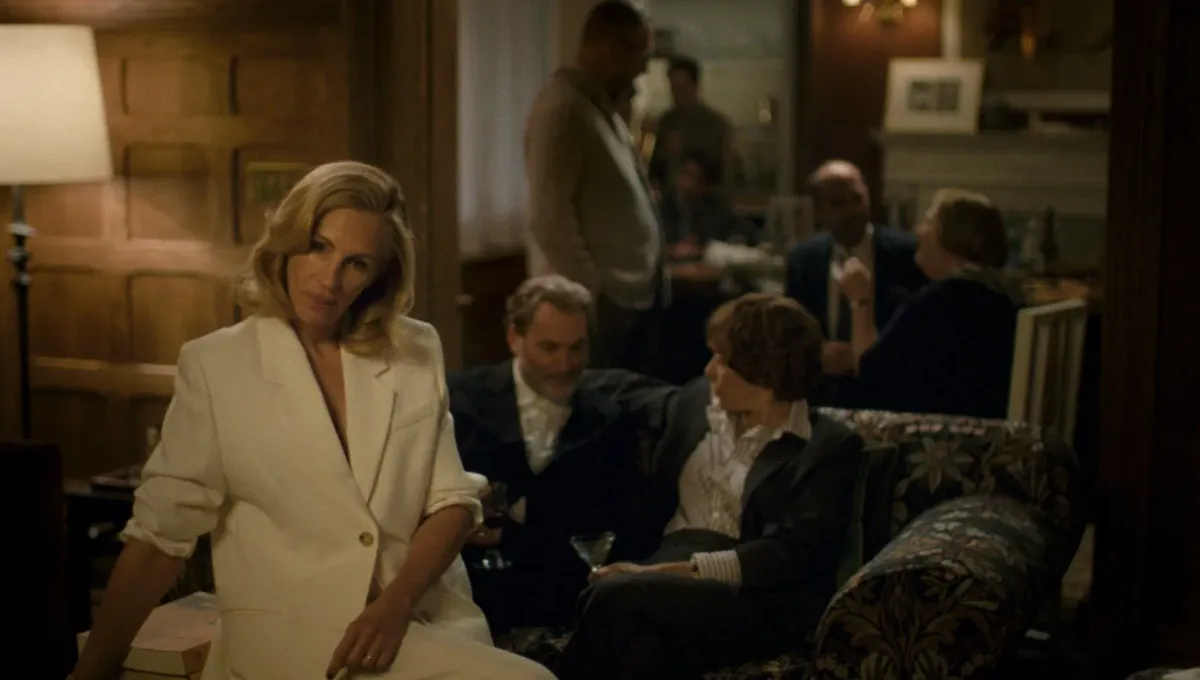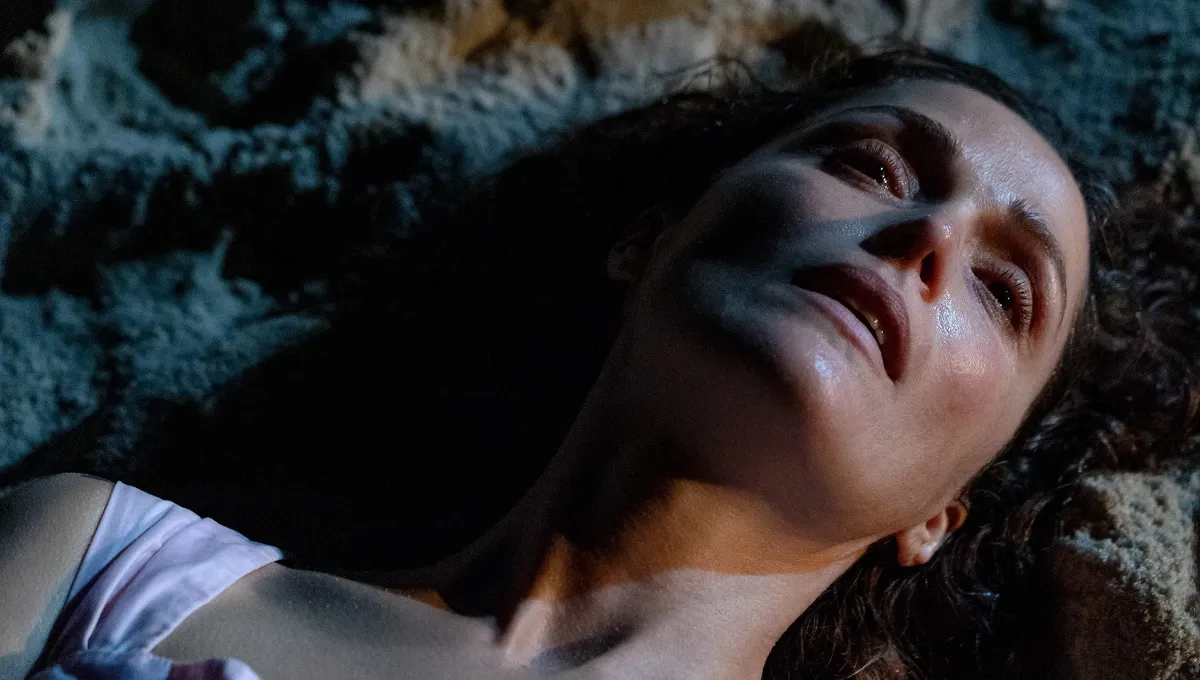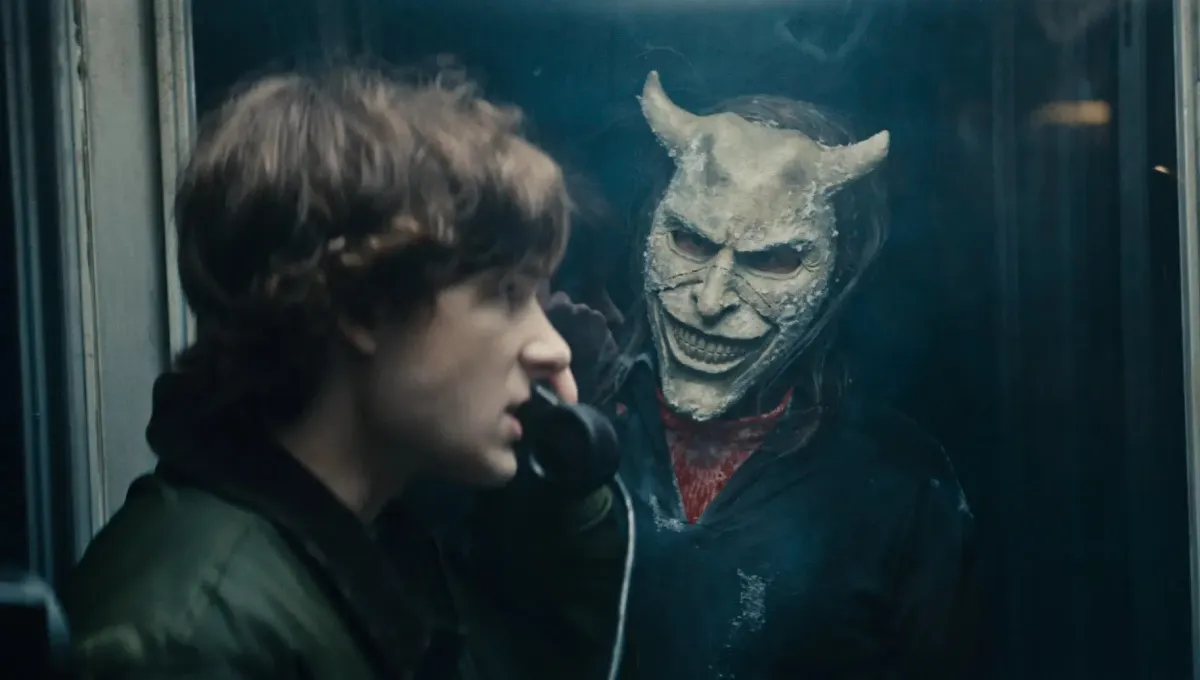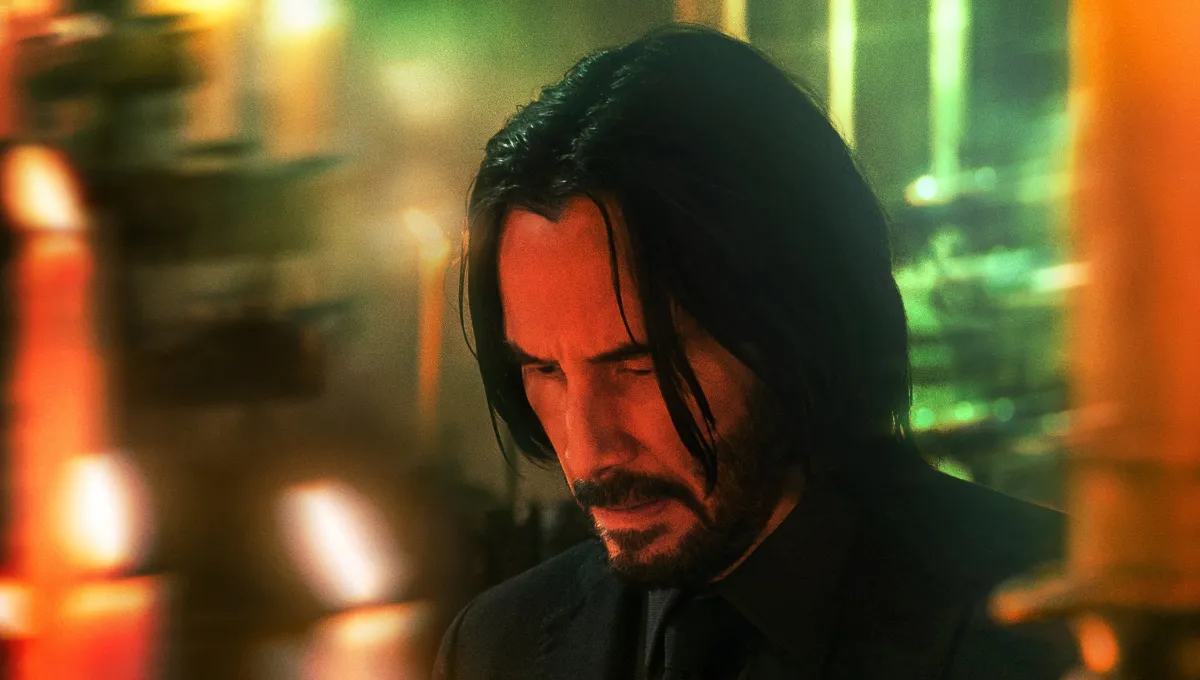When The Social Network premiered in 2010, it captured the birth of the digital age — the moment ambition met innovation and rewrote the world. Fifteen years later, The Social Reckoning arrives to confront what that world became. Led by Jeremy Strong, one of the most intense actors of his generation, the film dives deep into the moral ruins of social media, exploring not creation but consequence.
There’s something magnetic about watching an actor like Jeremy Strong take on a role that has already defined a generation. His version of Mark Zuckerberg won’t be a mirror of Jesse Eisenberg’s hyper-verbal prodigy. Instead, Strong promises a portrait of power grown brittle, of a man who has watched his empire turn into something darker than he ever imagined. It’s not about the genius anymore — it’s about what genius costs when the world becomes the experiment.
Aaron Sorkin returns to write and direct, marking his first time behind the camera since Being the Ricardos. But this time, the tone is more volatile, more personal, and far less forgiving. The film doesn’t retell the story of how Facebook began — it unravels what happens when truth, profit, and human connection collide in the aftermath. At the center stands Strong’s Zuckerberg: older, quieter, but still carrying that unnerving mix of intelligence and isolation. He isn’t inventing the future now. He’s defending it from collapsing under its own weight.
Strong’s transformation is already stirring curiosity across Hollywood. Known for his method intensity on HBO’s Succession, where he embodied the tormented Kendall Roy, Strong approaches every role like a psychological excavation. Playing Zuckerberg, he said, isn’t about imitation — it’s about understanding the architecture of control. It’s a challenge that fits him perfectly. Few actors can channel vulnerability through arrogance, or turn quiet into chaos, the way he does.
In The Social Reckoning, the story unfolds through the eyes of Frances Haugen, the former Facebook engineer who leaked thousands of internal documents exposing the company’s most dangerous practices. Played by Mikey Madison, Haugen becomes the conscience of the film — the voice that forces a reckoning not just within the corporation, but within the culture it shaped. Alongside her is Jeremy Allen White, portraying Jeff Horwitz, a journalist from The Wall Street Journal who risks everything to bring the truth to light. The pairing of White and Madison grounds the story in a pulse of humanity that Zuckerberg himself has long since lost.
Thematically, Sorkin’s script explores what happens when information becomes a weapon and algorithms decide what’s real. But it’s not a simple morality tale. The film doesn’t ask us to hate Zuckerberg — it asks us to understand the vacuum that created him. Strong’s approach reportedly emphasizes the fragility of power, showing a man both aware and terrified of what he’s unleashed. He’s not the same character from 2010. He’s evolved into something colder, more cautious, perhaps even remorseful, though he’d never admit it.
Sorkin’s dialogue, always rhythmic and surgical, finds new resonance in an era where facts are fluid and outrage is currency. Every line hums with the tension between truth and profit, innovation and guilt. The Social Reckoning isn’t just a sequel — it’s a reflection of how the dream of connection mutated into the architecture of division. The film holds a mirror to Silicon Valley’s illusion of benevolence and forces the audience to confront their own complicity.
Visually, insiders describe the movie as darker, more intimate than Fincher’s sleek original. The lighting is colder, the palette more clinical, echoing the sterile glow of screens that define modern existence. Every frame is designed to feel like both confession and surveillance — a reminder that in the digital age, transparency is just another illusion.
Jeremy Strong’s choice to take on Zuckerberg feels almost poetic. Like Kendall Roy, Zuckerberg is a man born from ambition but devoured by it. Both characters chase validation through systems that were never meant to provide it. Both are haunted by the silence between power and loneliness. Strong’s brilliance lies in making us feel sympathy for a man we’ve learned to distrust — to show the tragedy behind the empire.
For Sorkin, this film marks a full-circle moment. The writer who once dramatized Facebook’s creation now interrogates its aftermath. In interviews, he’s hinted that The Social Reckoning isn’t just about one company, but about the digital condition itself — how our collective dependence on screens reshaped truth, empathy, and democracy. It’s the rare sequel that arrives not to repeat, but to reveal.
Hollywood insiders are already calling the project one of the most anticipated dramas of 2026. With Strong’s intensity, Sorkin’s moral precision, and White’s growing star power, The Social Reckoning could become the decade’s defining commentary on technology and identity. It’s not nostalgia for The Social Network — it’s the mirror of what came after.
What makes this moment particularly striking is how real it all feels. We’re no longer speculating about what social media might do. We’re living in its consequences — the polarization, the misinformation, the addictive scroll of self-curated truths. Strong’s Zuckerberg doesn’t need to invent Facebook. He just has to survive it. In that sense, the film becomes less a biopic and more a requiem for the digital dream — the story of a generation confronting the monster it built.
When audiences sit down for The Social Reckoning, they won’t just be watching a story unfold. They’ll be watching a reckoning take place — one that extends far beyond the screen. Strong’s performance, if early reactions are any indication, won’t aim for sympathy or villainy. It will aim for honesty — that rare, uncomfortable honesty that forces us to look at the world we’ve made and whisper, this is what it costs.
The genius, the power, the empire — they all come with a price. And Jeremy Strong is here to show us what that price really looks like.

Grace Whitmore is a beauty and lifestyle editor at Nestification, exploring the intersection of modern femininity, quiet luxury, and emotional design. Her work focuses on how aesthetics, mindfulness, and self-expression shape today’s idea of calm confidence — where beauty becomes a state of mind.
Based in New York · [email protected]

